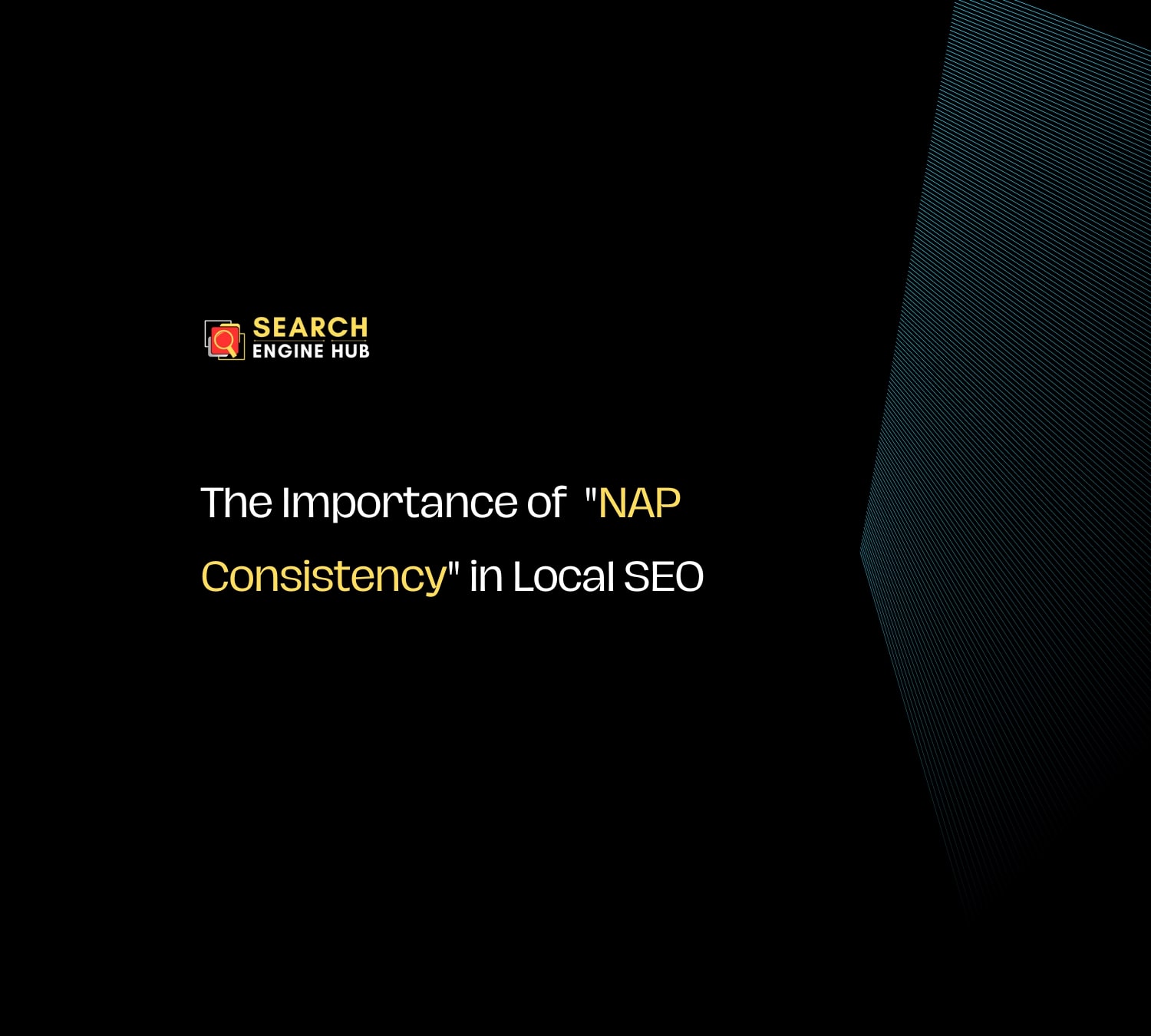Startups often struggle to gain visibility in local search results. Without a strong local search strategy, potential customers will find competitors instead. Many new businesses rely on word-of-mouth or paid ads, but these methods have limitations. Organic local search traffic provides a consistent and cost-effective way to attract customers.
Consumers rely on search engines to find local businesses. Mobile searches for “near me” services have increased significantly, with 76% of consumers visiting a business within a day of searching. Without local SEO, businesses miss out on search traffic, calls, and visits. Competitors that invest in local search optimization gain a stronger online presence, making it harder for others to compete.
Local search engine marketing improves a business’s online visibility for nearby customers. Optimizing for local search ensures that people find businesses when they need specific services. This strategy includes optimizing business listings, using local keywords, building citations, and earning customer reviews. Local SEO is crucial, with nearly 46% of all Google searches having local intent.
Steps to Optimize for Local Search
1. Claim and Optimize Google Business Profile
A Google Business Profile (GBP) listing increases a business’s visibility in local search results. Ensuring accurate and complete information is essential.
- Use the correct business name, address, and phone number (NAP)
- Select a relevant business category and add detailed descriptions
- Upload high-quality images and videos to enhance the profile
- Enable customer messaging and update business hours regularly
- Post regular updates to keep information fresh and engaging
- Add frequently asked questions (FAQs) to improve user engagement
2. Conduct Local Keyword Research
Local keywords help search engines understand the business’s services and location. Identifying the right terms improves search rankings.
- Use Google Autocomplete to find common search queries
- Analyze Google Keyword Planner data for search volume
- Gather customer feedback on common phrases used to find services
- Include keywords in URLs and image alt text for better indexing
- Focus on long-tail keywords such as “emergency plumber near Sydney CBD”
Examples of local keywords:
- “24-hour plumber in Sydney”
- “Coffee shop open now in Melbourne”
- “Best hair salon near me”
- “Emergency AC repair in Brisbane”
You might want to read “How to Find the Best Keywords for Your Industry.“
3. Optimize Website for Local SEO
The website must be optimized for search engines and user experience.
- Use local keywords in page titles, meta descriptions, and headers
- Include a contact page with business NAP details and an embedded Google Map
- Publish locally relevant blog posts about events, services, and industry updates
- Ensure the site loads quickly and functions well on mobile devices
- Implement structured data markup to help search engines understand business details
- Use internal linking strategies to boost page authority
4. Build Local Citations
Citations confirm business legitimacy and improve search rankings. Listing a business on multiple directories increases visibility.
- Submit accurate NAP details to directories like Yelp and Yellow Pages
- Ensure NAP details match across all platforms
- Remove duplicate or incorrect listings that could affect rankings
- Get listed in local chamber of commerce and industry-specific directories
- Claim citations on authoritative sites such as Apple Maps and Bing Places
5. Earn and Manage Customer Reviews
Reviews impact search rankings and customer trust. Businesses that collect and manage reviews gain credibility.
- Encourage satisfied customers to leave reviews on Google and other relevant platforms
- Respond to all reviews professionally and acknowledge customer feedback
- Address negative reviews constructively to maintain trust
- Offer incentives, such as discounts or loyalty points, to customers who leave feedback
- Showcase positive reviews on the website to build credibility

6. Leverage Social Media for Local Engagement
Social media supports local search efforts through increased brand awareness and engagement.
- Post updates, promotions, and customer testimonials regularly
- Engage with local followers through comments and direct messages
- Use location tags and relevant hashtags to increase visibility
- Collaborate with local influencers and businesses for cross-promotion
- Utilize Facebook and Instagram ads to target local audiences
7. Track and Measure Local SEO Performance
Monitoring performance ensures ongoing improvements. Tracking key metrics helps businesses refine their strategies.
- Use Google Analytics to analyze website traffic and search performance
- Monitor Google Business Profile Insights to track calls, searches, and visits
- Evaluate Google Search Console data to identify optimization opportunities
- Track keyword rankings and local pack visibility using SEO tools
- Set up call tracking to measure customer inquiries from search results
Take Action Now
Local search engine marketing helps startups attract nearby customers and stay competitive. Optimizing business listings, using local keywords, improving website content, and engaging with customers online strengthens visibility in local search results. Implement these steps to gain more traffic, increase conversions, and grow your business.
Need expert guidance? Contact Search Engine Hub today for customized local SEO strategies that deliver real results.




